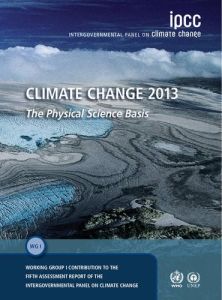Join getAbstract to access the summary!

Join getAbstract to access the summary!
IPCC Working Group I
Climate Change 2013
The Physical Science Basis
Cambridge UP, 2014
What's inside?
It’s finally here: the definitive, updated report from the Intergovernmental Panel on Climate Change (IPCC). And the news isn’t good.
Recommendation
It’s finally here, after five years of study and preparation: The Intergovernmental Panel on Climate Change (IPCC) has issued its Fifth Assessment Report (AR5), a global, multidisciplinary scientific research study into the causes and impacts of climate change. More than 800 scientists and experts from around the world – working with updated models, new technologies and fresh data – contributed to the report, one in a series published every five years to showcase the latest research. The results are undeniable: Global warming exists; it’s getting worse and more evidence than ever before demonstrates that human beings are “the dominant cause.” Even more alarming is that the effects of climate change will last for centuries, despite any attempted remedies or responses. So get the definitive word on climate change, and right away – there’s no time to waste.
Summary
About the Author
Several hundred scientists were part of the IPCC Working Group I, whose goal was to report on the “physical science basis of climate change.” The report had 209 “lead authors,” 600 contributors and 50 review editors.
















Comment on this summary